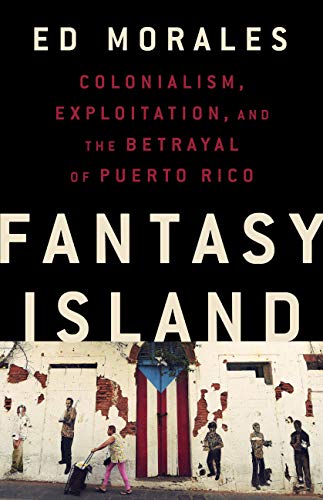
Unfamiliar Fishes


Not long after Japan seized the Philippines, it moved on Alaska. In June 1942 Japan bombed Dutch Harbor and conquered the Aleutian islands of Agattu, Attu, and Kiska (“Somebody ought to be impeached,” grumbled Manuel Quezon when he heard the news of yet another bit of barely defended territory falling into Japanese hands). The Japanese occupied the
... See moreDaniel Immerwahr • How to Hide an Empire

It was a moment worth marking. When Filipinos had declared independence in 1898, the United States had fought a bitter, fourteen-year war against them. Generations of politicians had insisted, with some wavering during the Wilson years, that Filipinos were unfit for self-governance. Yet now, with no law or army forcing it to do so, the United
... See moreDaniel Immerwahr • How to Hide an Empire
Oddly, though the United States is frequently accused of imperialism, its territorial dimensions go largely unnoticed. So much energy has gone into presenting the United States via the logo map that even its critics, the ones most eager to cry empire, have little to say about overseas territory. Still, if there is one thing the history of the
... See more